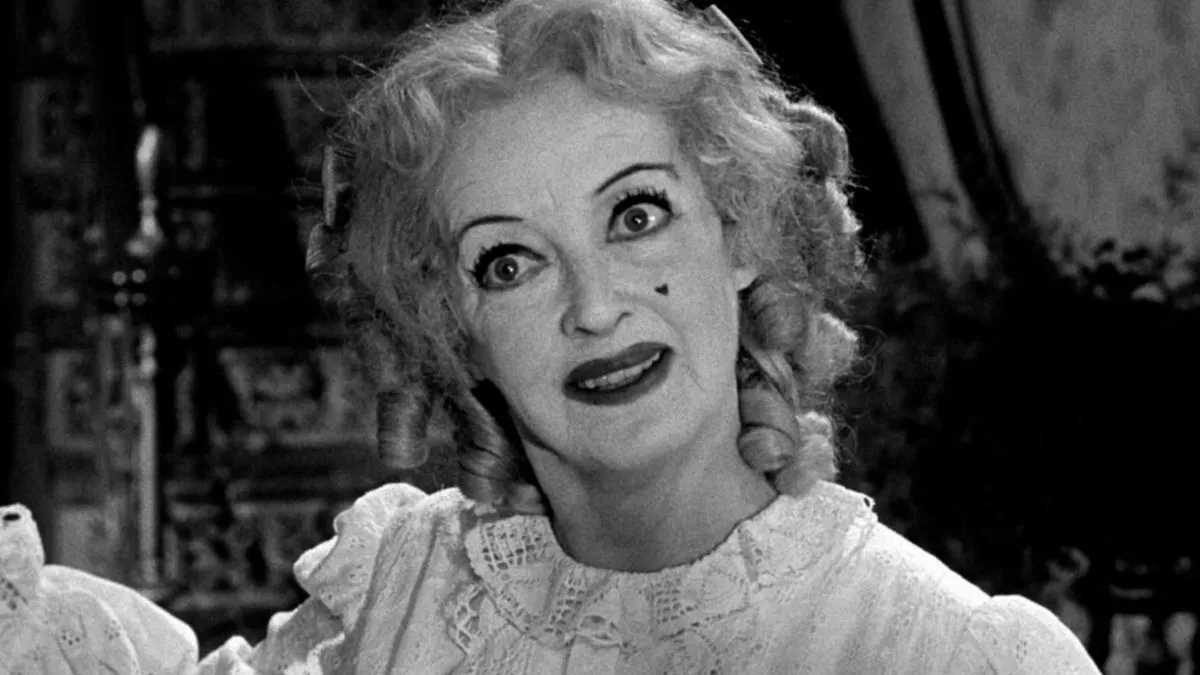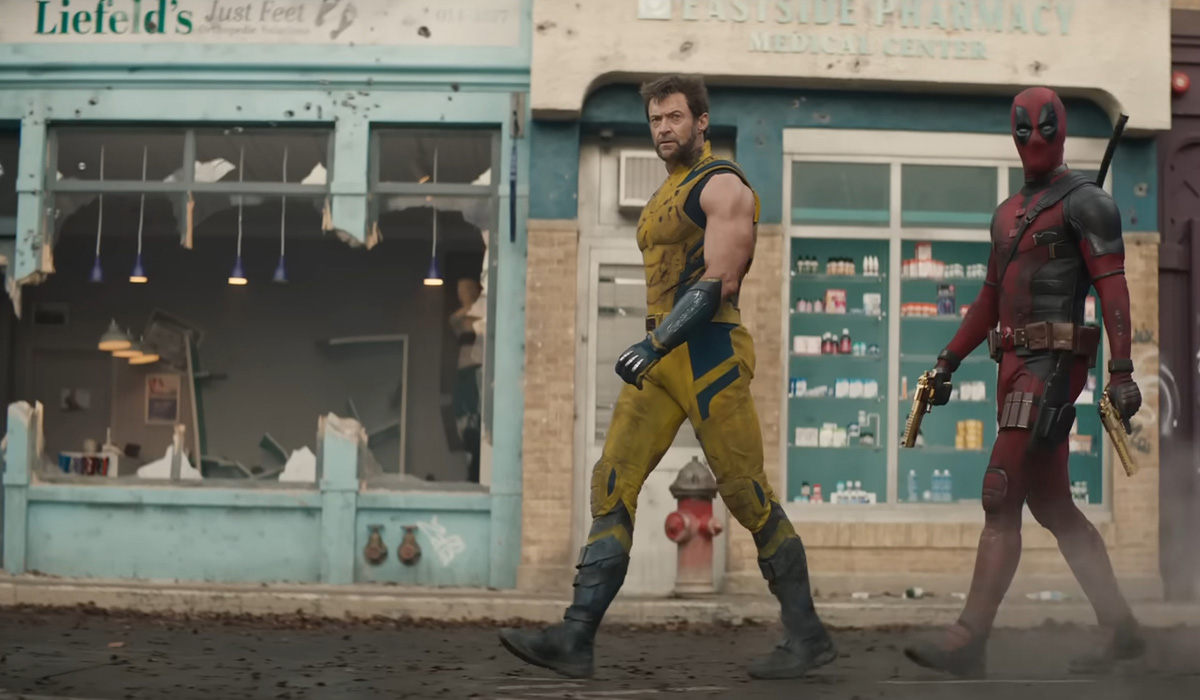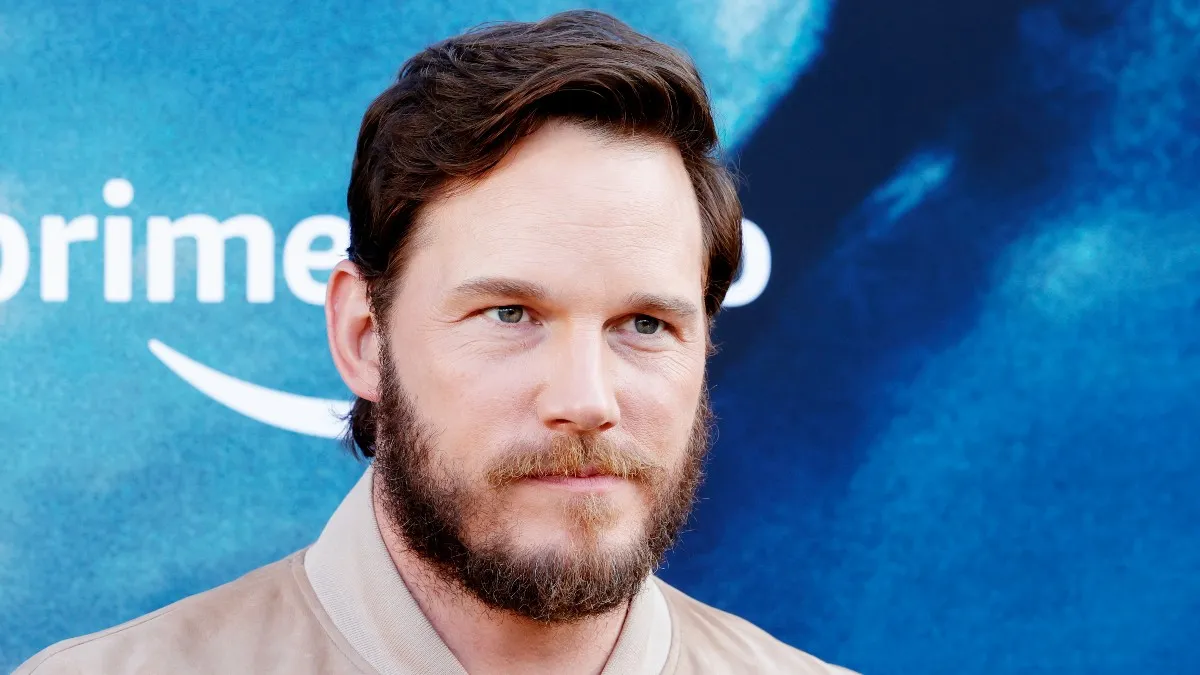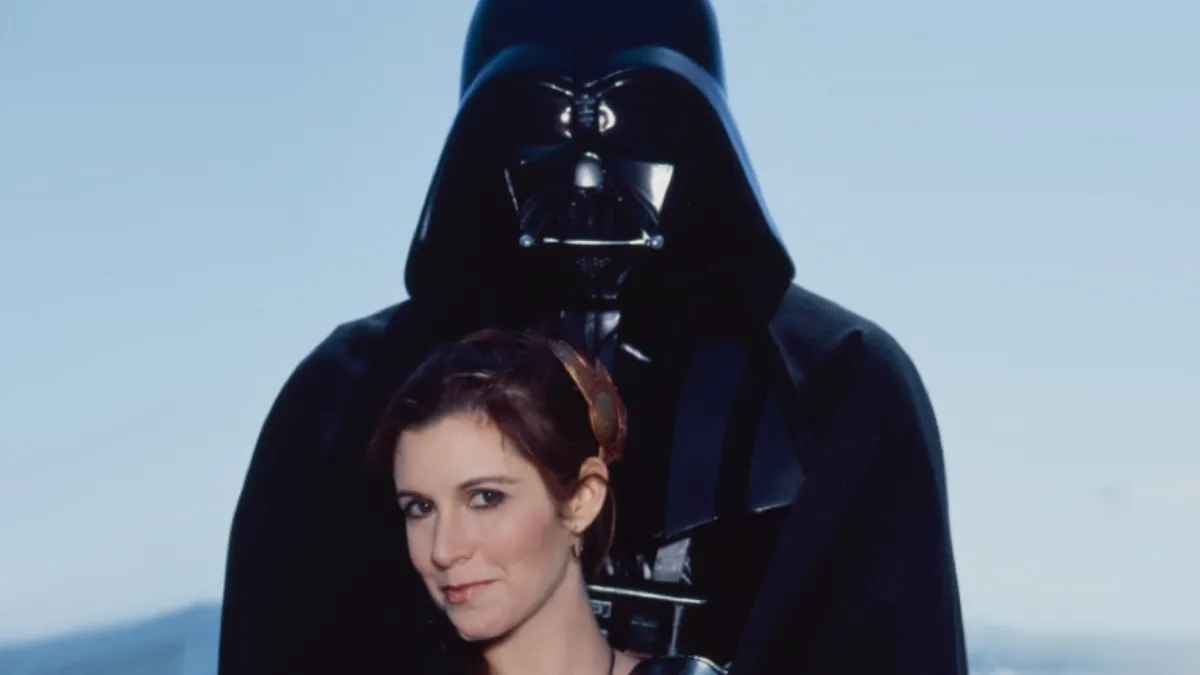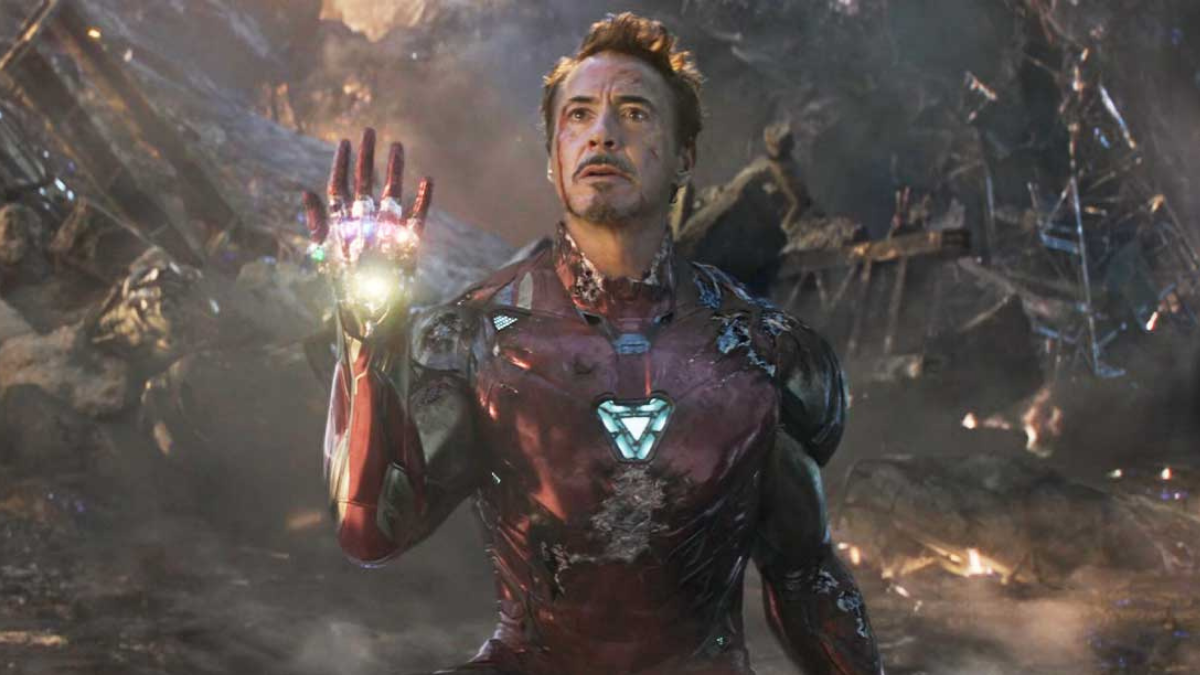
This is a reprint of our review from the Independent Film Festival Boston.
The American Dream hinges on a set process, a progression that each and every individual pursuing it is bound to follow. Society dictates that if you work hard, seek academic and spiritual education, push past every barrier and consistently look to the future, success – and the personal sense of fulfillment that success will bring – can eventually be yours. But what happens when you finally triumph, seizing your dreams and securing the life you’ve always wanted – only to find that the happiness that was promised is nowhere to be found, and you still feel as deplorably vacant inside as before?
That existential emptiness is what appears to haunt author David Foster Wallace (Jason Segel) in every moment of James Ponsoldt’s sublimely elegiac The End of the Tour, which centers on a days-long interview between Wallace and Rolling Stone journalist Dave Lipsky (Jesse Eisenberg) that takes place as the former finishes a 1996 book tour for his bestselling novel Infinite Jest. Though critics lavish praise upon Wallace as his massive magnum opus tops the charts, and he’s confronted with a legion of worshipping fans, Wallace finds fame both wanting and terrifying. It’s also far from the personal validation he had expected.
The idea that readers see Wallace as some brilliant visionary doesn’t sit well with a guy used to living an ordinary life out of the spotlight. It’s clear that Wallace’s own anxieties, phobias and complicated sentiments of self-worth have become wrapped up in his mixed feelings about celebrity, and specifically about the fact that he has no control over what impressions the millions suddenly observing his every move are going to form.
With that philosophical baggage, Wallace is understandably jittery about Lipsky’s arrival, and the enterprising young journalist doesn’t exactly put him at ease by plunking a cassette recorder on every table they sit at. But as the days go by, and the two men discuss women, loneliness, consumerist culture, the fallacies of modern society and any conversation topic that presents itself, no matter how tangled, what started out as an interview turns into something much more valuable. Though Lipsky occasionally irks Wallace by reminding him that he’s keeping his ears wide open for a juicy hook for the story, the pair become much more than interviewer and interviewee. As they drive through wintry Midwest landscapes, making stops at dingy motels, grubby diners and even more uncomfortable speaking engagements, the two constantly re-encounter one other as intellectual equals, philosophical brothers-in-arms and even romantic rivals.
Their conversations largely touch on questions of fame, the nature of artistry and the hidden dangers of success, but The End of the Tour‘s wonderful script (by Donald Margulies, who taught Ponsoldt at Emerson College) wraps those topics in deeply relatable moments of jealousy, hostility, wariness and fear. Whenever Lipsky starts to break through to Wallace, the author greets the decreasing distance as a violation, alternately swallowing his gut-instinct timidity and blasting Lipsky backward with intellectually arrogant yet astute parries and thrusts.
Lipsky can mask neither his admiration for nor envy of Wallace, despite the fact that the two are very different writers at entirely different places in their careers, and that fact unsettles them both. At times, it appears that Wallace views the younger man not just as a scoop-hungry invader but as an uncanny mirror image of himself at that age. Margulies creates this dynamic with masterfully minute brush strokes, establishing Wallace as a lost soul simultaneously devoid of pretension and carefully guarded against a world he fears, and Lipsky as an infatuated fan far too self-consumed to accept (or even understand) Wallace’s subtle offer of a real connection in a society that doesn’t place value on them.
Margulies’ script is dominated by talking, with long scenes in moving vehicles and dimly lit living rooms, and Ponsoldt is smart enough to know that the structure makes this an actor’s movie, through and through. More often than not, the director stays out of the way, taking a documentarian approach in order to fully capture two truly tremendous performances. Of course, the one that’s going to get more acclaim (and deserves every bit of it) is Segel’s. It would be erroneous to call it a portrayal – what the actor does on screen seems more like inhabitation, with Segel adopting the author’s halting manner of speech, gentle-giant frame and constant back-and-forth between unyielding reticence and sparkling exuberance.
This is a transcendent performance from the actor, and easily a career-best. He at once grasps Wallace’s vulnerability and his strength, his defiance of categorization and his weary acceptance of being perpetually misunderstood. One late-in-the-game admission of loneliness is the first moment of 2015 that I could easily see ending up in an Oscar reel. The author himself would have likely balked at the very idea of The End of the Tour, but it’s hard to imagine what his reaction would have been to an interpretation of himself as insightful, tender and nuanced as this. What’s really thrilling, though, is that as good as Segel is, The End of the Tour is not just a showcase for his performance. It’s a two-hander, and a film that gets at the heart of who Wallace was not by ogling him but by making him a player in a larger dissection of personal identity, purpose and professionalism.
Eisenberg more than holds his own, though the part is more traditional for the performer, who has played arrogant smart-alecks in everything from The Social Network to Modern Family. Still, he digs deep into Lipsky’s blend of professional admiration and unprofessional envy, so much so that it makes perfect sense when the character attempts to chat up one of Wallace’s former romantic interests and current friends, looking for some way in which he can best his subject. Like most of the actor’s characters, Lipsky is not exactly likable, but he is painfully easy to relate to.
The End of the Tour finds both performers doing stellar work, and it’s obvious that this was not a paycheck movie for either. The obvious passion and dramatic fine shading that Segel and Eisenberg bring to their characters lets Wallace and Lipsky’s conversation truly dazzle, conveying ideas and philosophies greater than either of the individuals involved could have possibly expected to broach. Though the film more often that not finds the two stationary, sitting across from each other at tables or in cars coasting down snow-peppered roads, their interview is more of a dance between two fertile minds, in which both battle to lead only for each to benefit from yielding intellectual superiority.
The pic is framed by Wallace’s suicide, which occurred 12 years later, and knowing that Wallace eventually succumbed to his depression gives The End of the Tour a eulogic quality. But this is a film not about death but about the context that life’s ephemerality brings to the pursuit of living it well. “Be a good guy,” Wallace tells Lipsky at one point. On one level, it’s a scolding to the journalist after the younger man crosses one of Wallace’s ethical lines. But on another, it’s a plea to all the Lipskys of the world, fiercely intelligent young men with a capacity for greatness but a propensity for self-serving egotism, and to all of the Wallaces, great thinkers struggling not to let their overwhelming perception drive them into darkness, as well. Wallace desperately wanted to write to humanity and show people the best and the worst they could be, in hopes of pushing people toward something better. In The End of the Tour, he seems pained not only by his longing for that dream, but by the fact that no one else seems aware or awake enough to share it.
The End of the Tour will introduce a great many people to Wallace’s writings, and that’s a tremendous thing. But the film itself is also a work of art, an achingly beautiful movie made by Wallace’s literary students, people who were shaped and inspired by a man they only ever met within the pages he wrote, and a worthy addition in of itself to the writer’s considerable legacy. Impossibly, I get the sense that Wallace would have approved.


